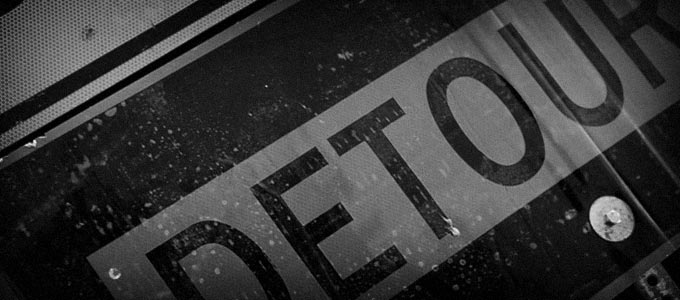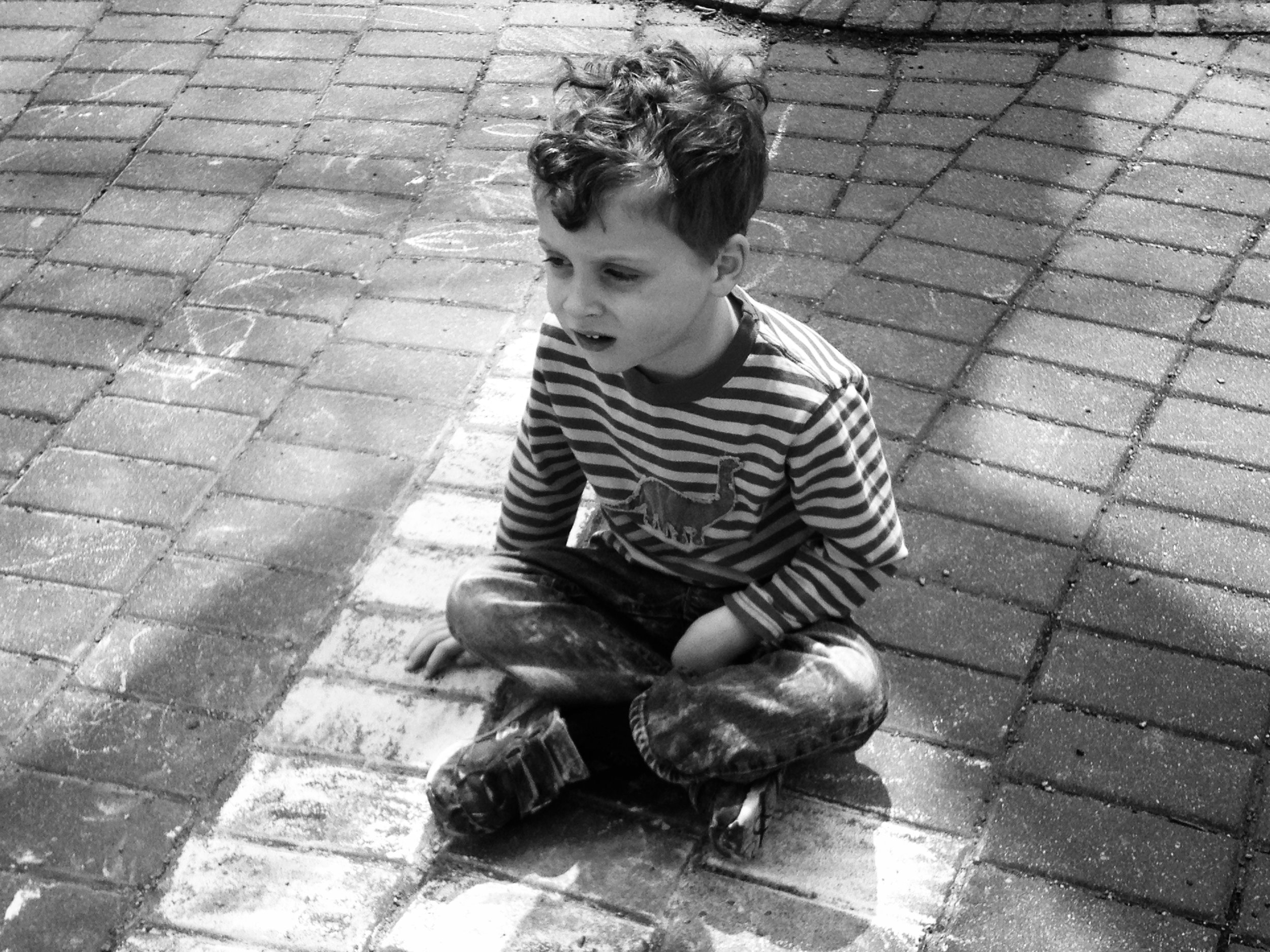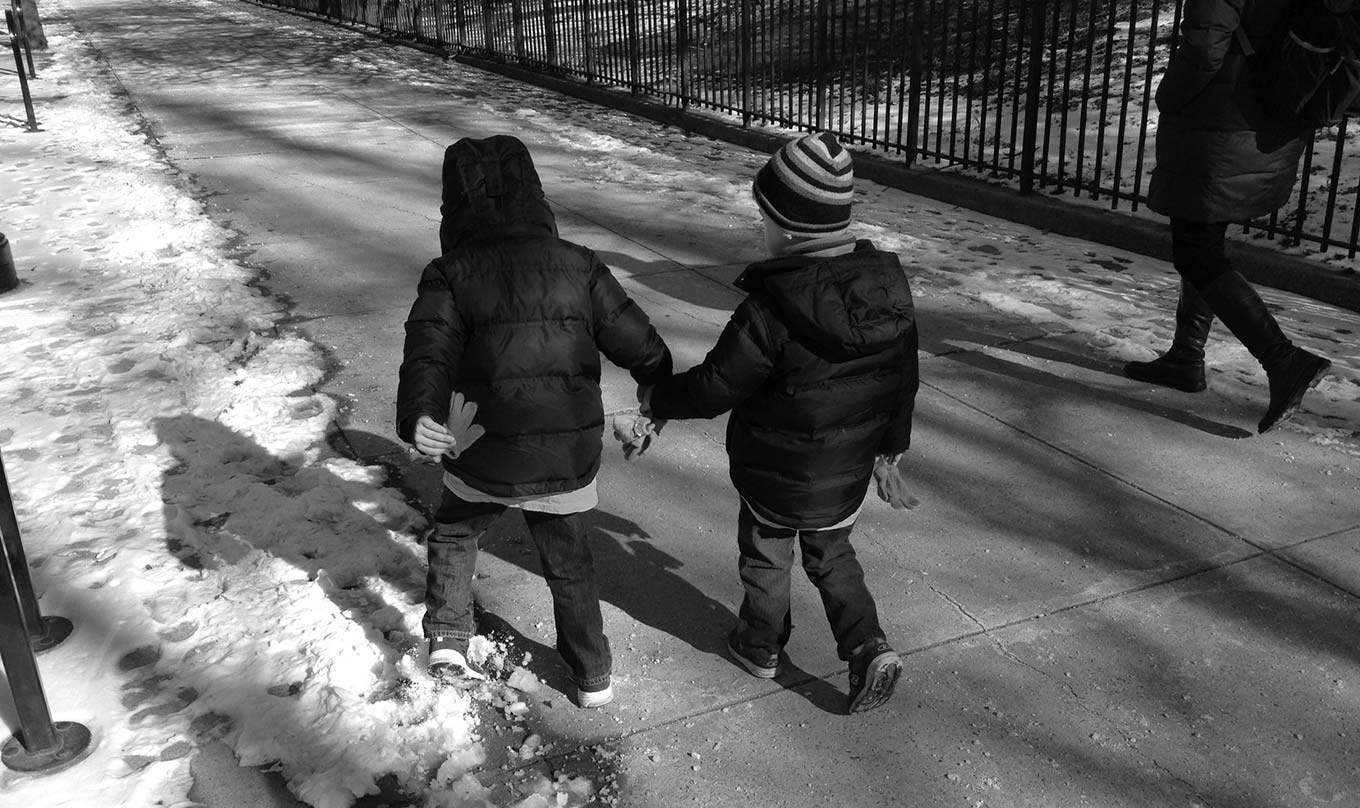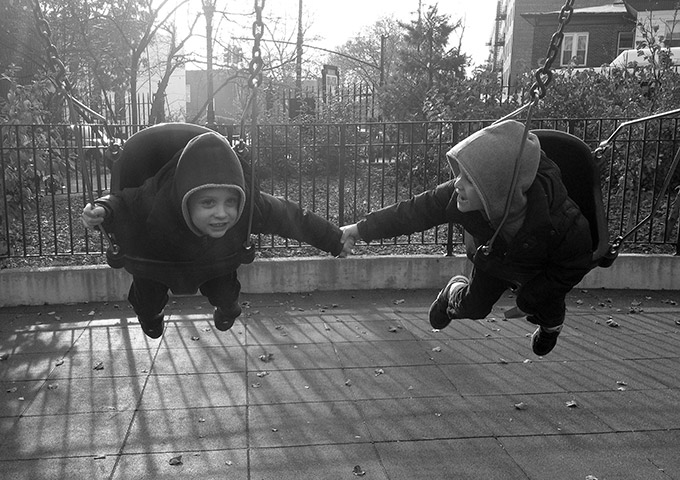 In an excellent and provocative post entitled, "Wondering if you should have children or not?" Emily Willingham attempts to help prospective parents — primarily prospective mothers — answer that question by asking them a question in return.
In an excellent and provocative post entitled, "Wondering if you should have children or not?" Emily Willingham attempts to help prospective parents — primarily prospective mothers — answer that question by asking them a question in return.
I'll summarize what I think is the thrust of her post: While the chances are your child will be fine, a not insignificant number of parents will have a child with a lifelong disability, and there is no way you can control that. If you're not ready to commit every last bit of energy and time to that endeavor on the off-chance that this will be your future, don't have children.
In her words: "Parents are an accident or a developmental milestone or a virus away from having their lives change in ways no one can predict." She continues, "It's not a question of 'If I become a parent, will I still be able to work?' It's a question of, 'If I become a parent, am I prepared to be nothing but a parent all day, every day, if a sudden change, infinitely unpredictable, requires it?'"
Blunt, uncompromising, perhaps unpleasant, but true.
I don't know how I would have answered her question before becoming a parent. I think I knew it would be hard, largely because of my own experiences growing up (e.g., losing two brothers, etc.). All I know is that now that I'm in this life — like most parents in the same situation — I'm doing my level best.
That said, the fact is that the majority of this burden falls to my wife. I try to be the best, most engaged father I can. And still…her shoulders carry more of this weight.
 From my wife, in honor of Autism Awareness Month.
From my wife, in honor of Autism Awareness Month.
 When the evaluator finished telling us that, yes, C definitely had autism, I asked what this meant for his future. She sighed, said that was a common question, and then offered us the best advice we've received so far: "Don't try to predict where your son will be in ten years, one year, or even a month. No one knows, and anyone who tells you they do is lying. These kids can surprise us, both for the better and the worse."
When the evaluator finished telling us that, yes, C definitely had autism, I asked what this meant for his future. She sighed, said that was a common question, and then offered us the best advice we've received so far: "Don't try to predict where your son will be in ten years, one year, or even a month. No one knows, and anyone who tells you they do is lying. These kids can surprise us, both for the better and the worse." Here's a moment of pure, unadulterated joy. The twins (C on the left, M on the right) seem to be growing closer lately. Part of it may be more intensive group play during C's ABA therapy, but I suspect another reason is that we've begun to explain to M what is happening with his brother.
Here's a moment of pure, unadulterated joy. The twins (C on the left, M on the right) seem to be growing closer lately. Part of it may be more intensive group play during C's ABA therapy, but I suspect another reason is that we've begun to explain to M what is happening with his brother. In an excellent and provocative post entitled, "
In an excellent and provocative post entitled, "